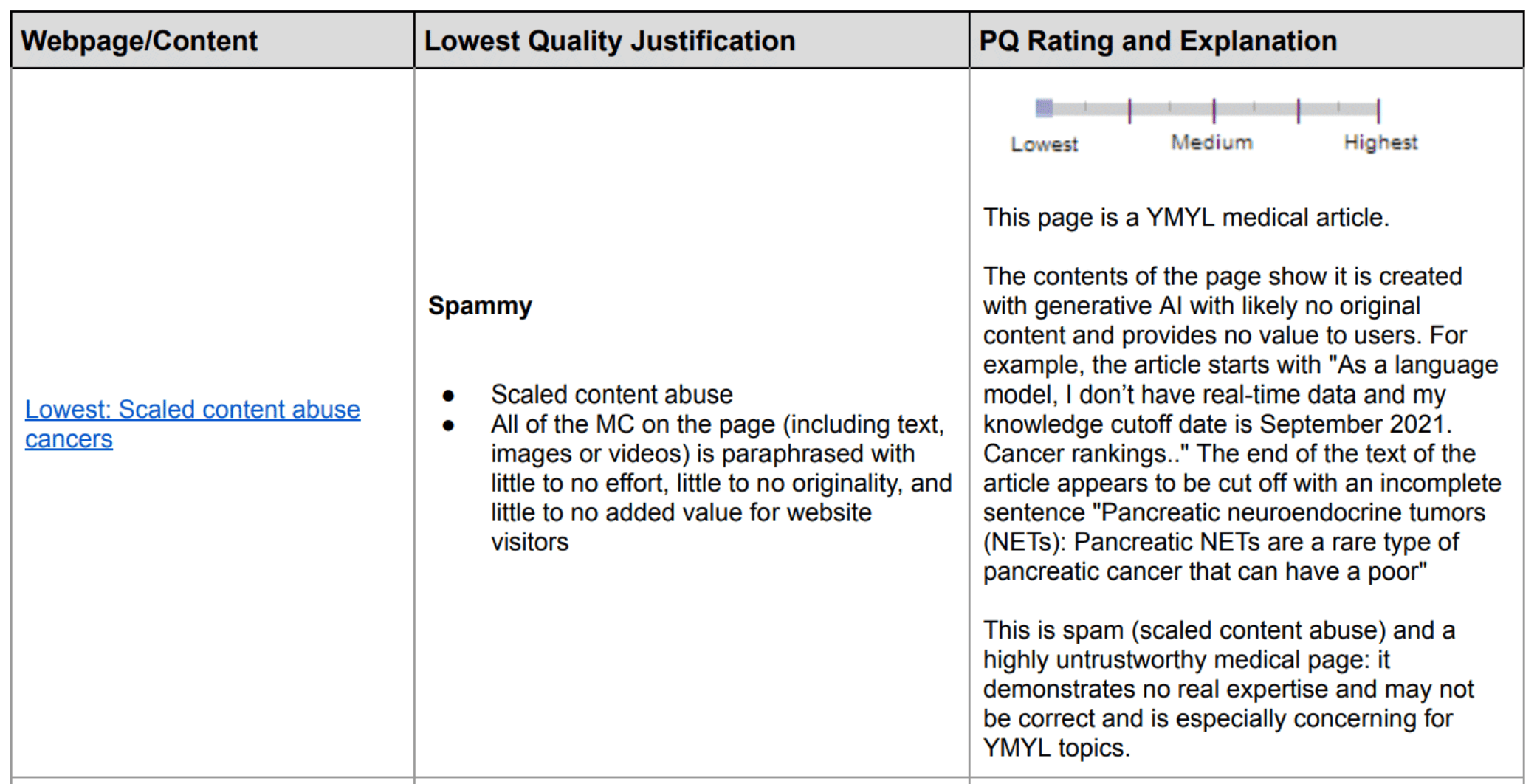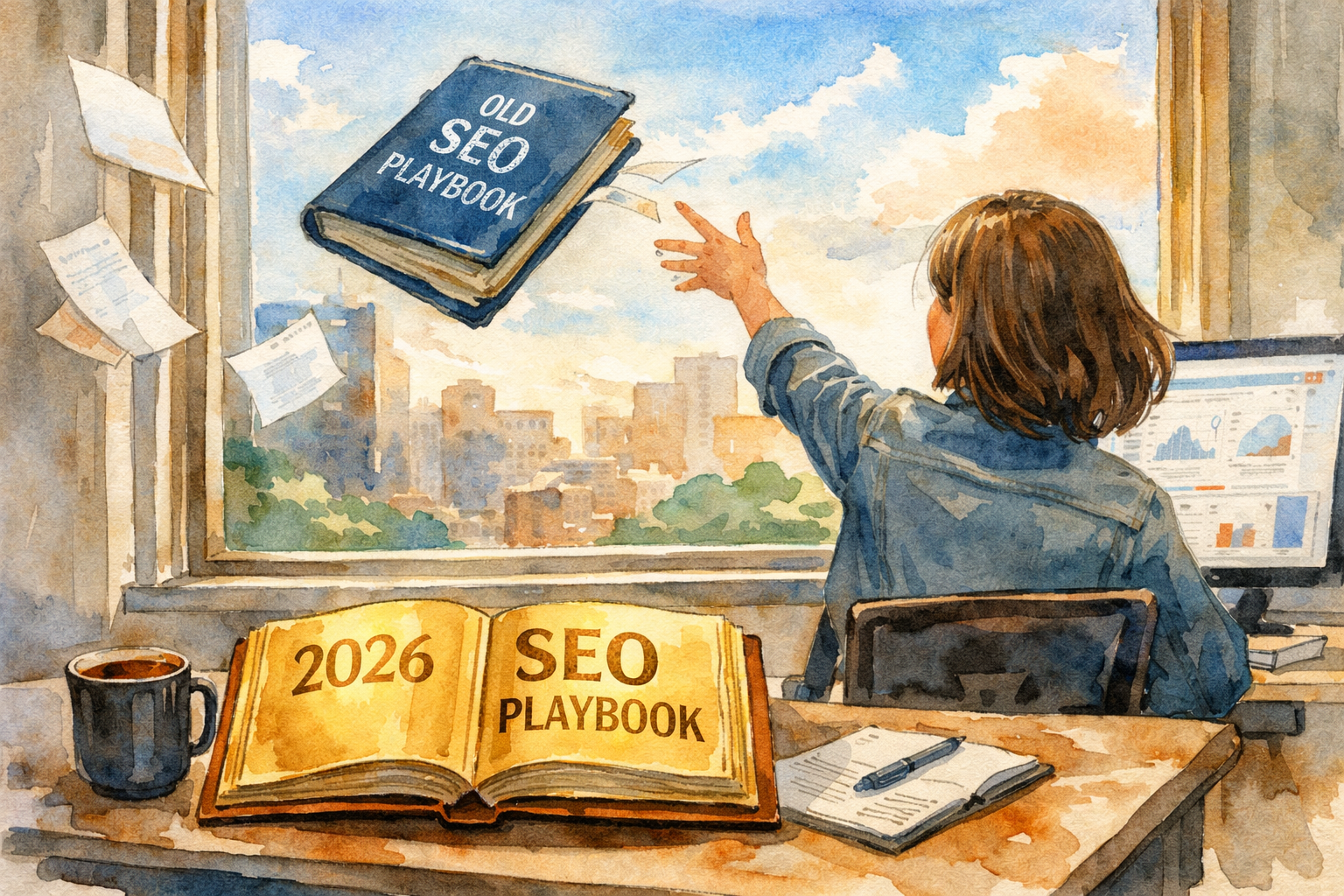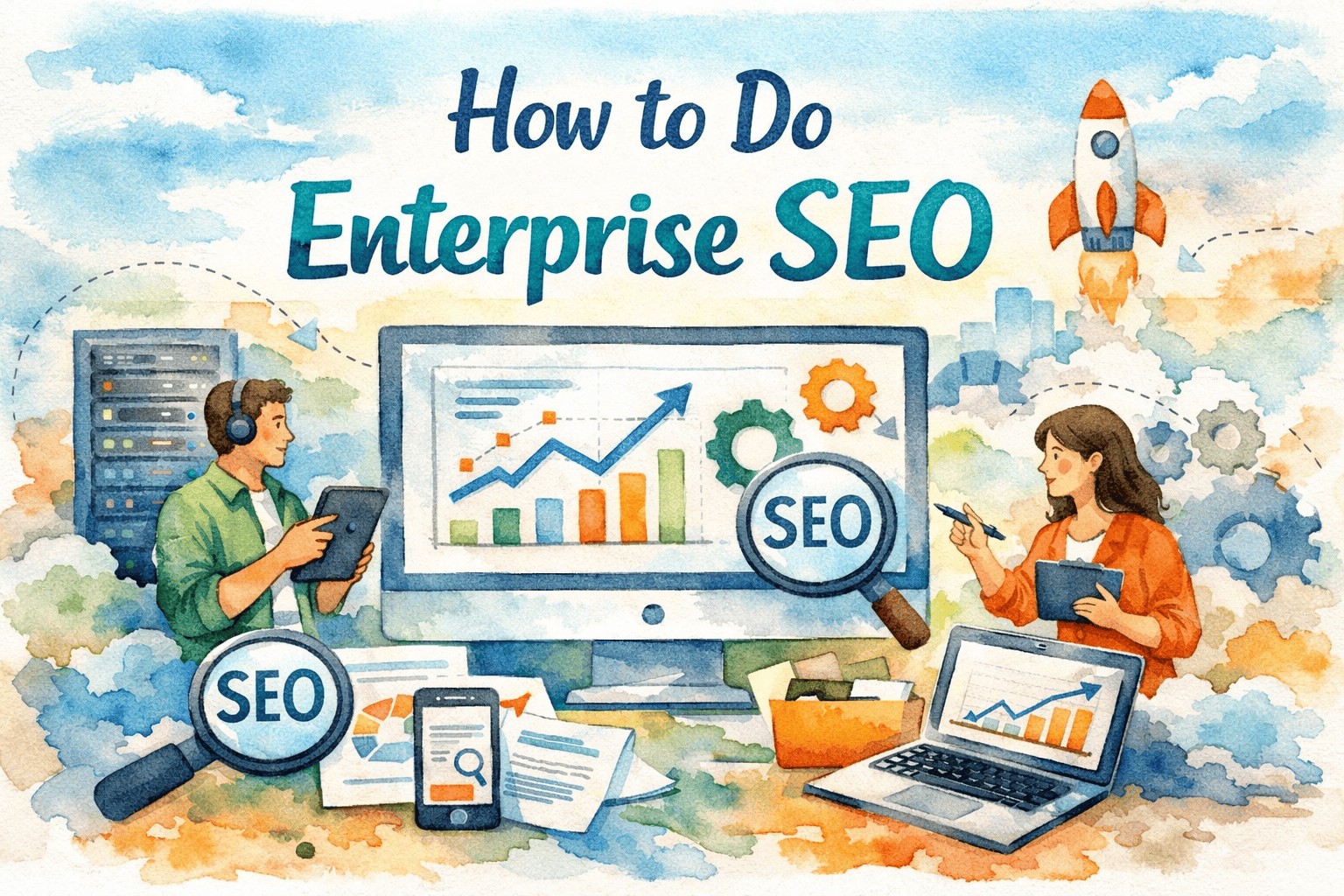How to Write Good Content Using AI?

This edition of the SEO Riddler is brought to you by Ahrefs. Ahrefs is an all-in-one marketing intelligence platform. Thank you Ahrefs for sponsoring this post!
So… Can AI-written content actually rank?
Yes. And I’ve tested it.
I recently did an experiment where I used AI to write a LinkedIn article. I totally keyword-stuffed it (on purpose), didn’t put in much effort, and still ranked #7 on Google for a keyword that gets 1,100 searches a month.
So technically, yes—AI content can rank. But should you write that way? And how do you do it properly?
Can readers even tell if content is written by AI?
In one of my past newsletters, I let AI write a full “informational” paragraph and asked readers to guess which part was written by AI. No one could find it.
That made me ask: If even humans can’t tell the difference, is AI content still considered bad or spammy?
Also, one of the top questions I get from clients is: “Can we use AI to write our blog posts?”
That’s what this blog is all about. I’ll explain how I personally use AI when writing and how I recommend others use it to write good content!
Is AI content writing worth it?
Yes, AI content writing is worth it if you use it the right way. It’s great for speeding up content production (and speed doesn’t have to be at the cost of quality as I will discuss later on in this blog) and improving your writing quality.
If you’re writing for SEO specifically (as opposed to just your newsletter for example), you need to analyze what’s in SERPs. Not to copy, but to make sure your content is better. AI can help you with that, it’s a very good place to start.
Ahrefs AI Content Helper tool helps you analyze the SERPs intent for your selected keyword (AI mode in the example below) and take this learning to your next step when writing the actual content.
AI tools can also help you prepare a good content brief for your clients, and by that I don’t mean the lazy way where you simply ask ChatGPT to create an outline for you. While this is a possible starting point, it’s not enough, you always need to do 2 things:
- Analyze what’s in SERPs (which ChatGPT cannot do for you)
- Add your unique perspective (also ChatGPT cannot do that for you)
Ahrefs AI Content Helper tool shows you in the sidebar what is there in SERPs, so you can refer to this information for inspiration and to make sure your content is comprehensive. From what I’m seeing so far with the tool, it’s pretty flexible and does not limit what you can do, which is one of the biggest drawbacks of AI writing tools imho.
Ok then, I hope I got you wondering on how to use AI to write content the right way?
How to write good content using AI
Yes, I use ChatGPT and other tools to help with my writing. Does that make my content spammy? I don’t think so.
Here’s my process:
- Start with your own ideas.
I write what I want to say first. I don’t worry about making it perfect. The point is to get my thoughts down on paper.
- Use AI to clean it up. Once I have a draft, I ask ChatGPT:
“Make this clearer but keep my tone and words as much as possible.”
- Edit the final draft. I make sure it still sounds like me and reflects my ideas. Then I’m done!
This makes total sense for a newsletter content, but what about blog content that’s created to rank?
Here are the steps to use AI to write great content:
- Use AI for topic research and understanding what information is already in search results and the search intent. You can also use AI to find related entities to your topic along other manual ways.
Prompt: a list of semantically related entities that would naturally occur in a blog post about [YOUR WORKING BLOG TITLE OR MAIN KEYWORD]
Note how I used the blog title and not necessarily the keyword. In this new era of search, we should shift our focus to topics and themes vs just the keywords imo.
- Then write your first draft. Don’t think about anything other than pouring all the ideas and information you want to include in your piece. Don’t think about keywords or entities.
- Next, ask AI to go through your content and find opportunities to naturally include your entities and keywords. This can also be done using the AI chat feature in Ahrefs AI Content Helper:
- Now do another round of editing where you review those recommendations and incorporate them when you see fit. This is perhaps one of the most boring tasks in optimizing your content for bots, but with AI it is such a breeze.
- Now go back to AI, and ask it to “enhance” or “improve” your blog and provide feedback. I use a prompt like:
“Make improvements to this content, anything you remove or change put inside square brackets so I can see the changes, you can add/remove/rewrite/ or elaborate on this content. Provide feedback as well and try to keep my words as much as possible”
- Take the output, review and make edits, and you’re good to go!
You can fine tune those steps, or make changes to the prompts. Whatever works for you. The more personalized your approach is, the better because that makes it unique, but the purpose of this blog is to give you a starting point and you can build on those steps.
Should you use AI to write your content?
Yes you should use AI to write your content. It’s a tool to make your writing better and more efficient, not to substitute you all together.
If you keep that in mind, whatever your approach is with AI, your content will be great.
Is all AI generated content considered spammy?
No, I don’t believe so. It depends on the effort you put into writing.
A few months ago, Google updated their quality raters guidelines and they mention that “Generative AI can be a helpful tool for content creation, but like any tool, it can also be misused.”
They then go on to list examples of when content would be considered low quality:
- Creating many low-effort pages that add little-to-no value for website visitors as compared to other pages on the web on the same topic.
- Pages with no original content or added value to users will be rated lowest no matter how they are created.
- Pages where all or almost all of the main content (MC) on the page (including text, images, audio, videos, etc) is copied, paraphrased, embedded, or reposted with little to no effort, little to no originality, and little to no added value for website visitors.
So basically, if you create content that:
- Is original
- Provides value to the user
- Is not just summarized or paraphrased from another source(s)
- And put enough effort into it
Your content is good to go!
Conclusion
I highly recommend experimenting and using different AI tools to write your content. Think of those tools like calculators for accountants. They won’t make you a great accountant, but they will make a good accountant even better.
That's that for today folks and see you next newsletter!
*Disclaimer: AI helped me better word this blog.
The SEO Riddler Newsletter
Join the newsletter to receive the latest updates in your inbox.



